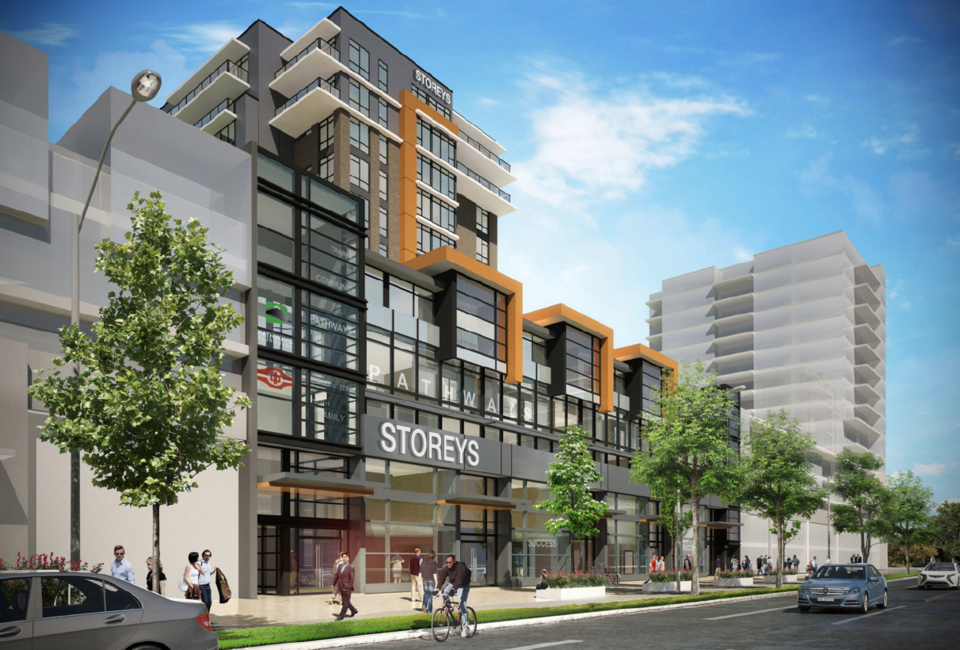The provincial government announced Tuesday details of a proposed $516 million investment in 2,900 rental housing units across the province, 160 of which will be situated in Richmond.
According to a government news release, Richmond is to receive $6 million of that money as part of a multi-faceted private development in City Centre that is presently in the building permit process.
According to the Ministry Responsible for Housing, S.U.C.C.E.S.S., a non-profit non-government organization that specializes in immigrant services, will be the primary operator of the planned rental complex at 7600 Alderbridge Way that will provide for 160 new units aimed at housing seniors and families.
If the 160 units are approved, they would be part of a major redevelopment project involving at least 10 properties on Alderbridge Way, Elmbridge Way, Cedarbridge Way and Minoru Boulevard.
It is unclear where the other funding will come from. The land alone is assessed at $7 million. It is presently owned by RCG Group and occupied by New Coast Lifestyles, a development firm for retirement homes owned by Rob Howard, former BC Liberal MLA and city councillor.
IBI Group, representing the entire permit application, is proposing to build townhouses, affordable housing, market housing and a seniors’ retirement living community (New Coast) on the properties, according to building permit applications.
The City of Richmond said it has no timeline as to when the permits will be completed. Howard’s company hopes to complete its retirement home complex by 2019, pending council approval.
The Ministry Responsible for Housing states the 68 projects, including the one in Richmond, are at the proposal stage.
For comparative purposes, the 296-unit Kiwanis Towers cost close to $60 million in total, including land costs. The project was funded by the province, City of Richmond and Kiwanis Society.
Many other projects announced by the Ministry hinge on outside financial support as well. For example, a Surrey development will be built in partnership with the YWCA Metro Vancouver.
Over the next 10 years, the City of Richmond expects it will need 3,200 rental units, including 1,300 for “very low-income” residents (earning less than $30,000 per household).
To date, it has proven difficult for the city to facilitate rental developments in Richmond.
The city’s vacancy rate is said to be as low as 0.3 per cent, according to Metro Vancouver regional government. Because of stagnant wages, rising rent costs and aging, subsidized housing infrastructure, the city estimates about nine per cent of households in Richmond are at risk of homelessness.
Compounding the need for more rental units, the city estimates 1,100 rental units (nearly one-third of Richmond’s entire stock in such housing) are at risk of being lost due to age, condition and development pressure.
In 2015, 641 Richmond households were waiting for provincially subsidized housing. This includes 234 families and 274 seniors.



